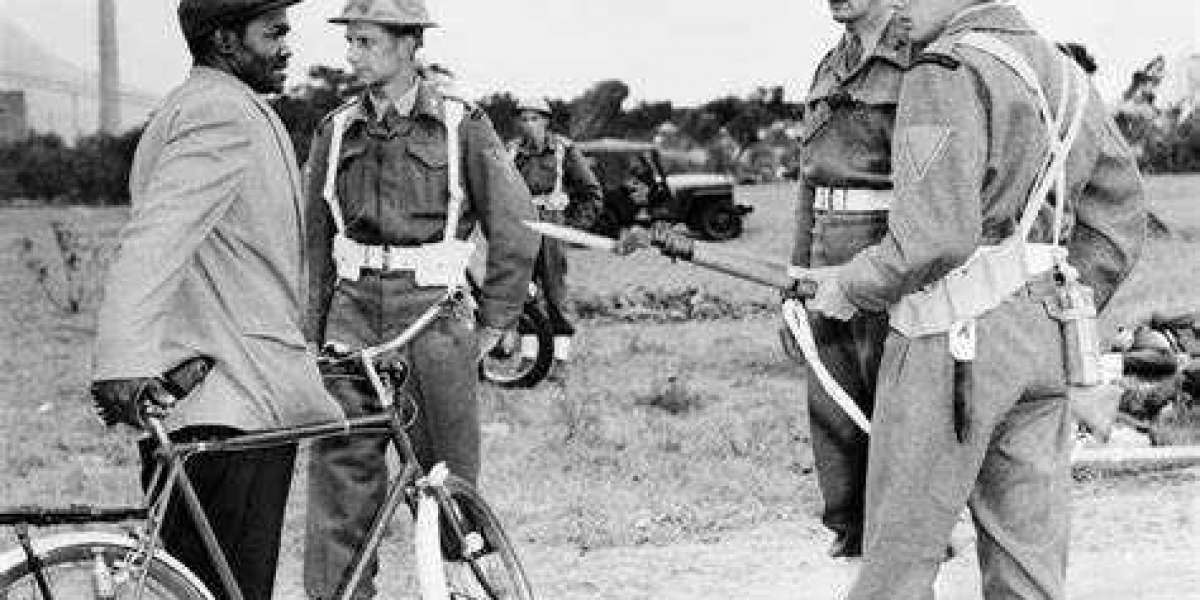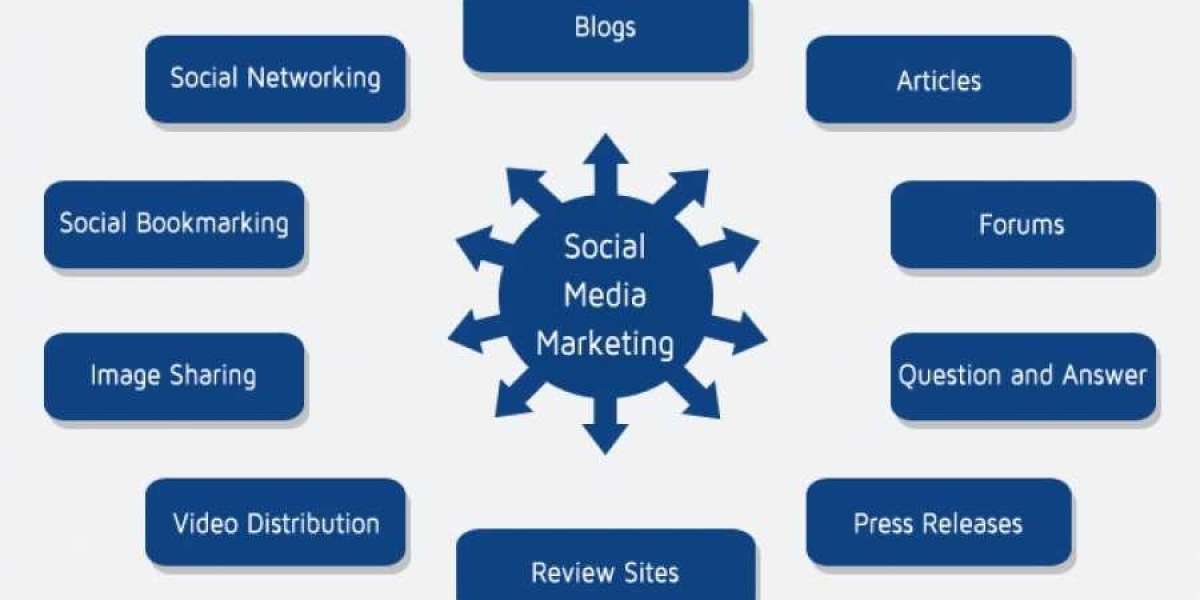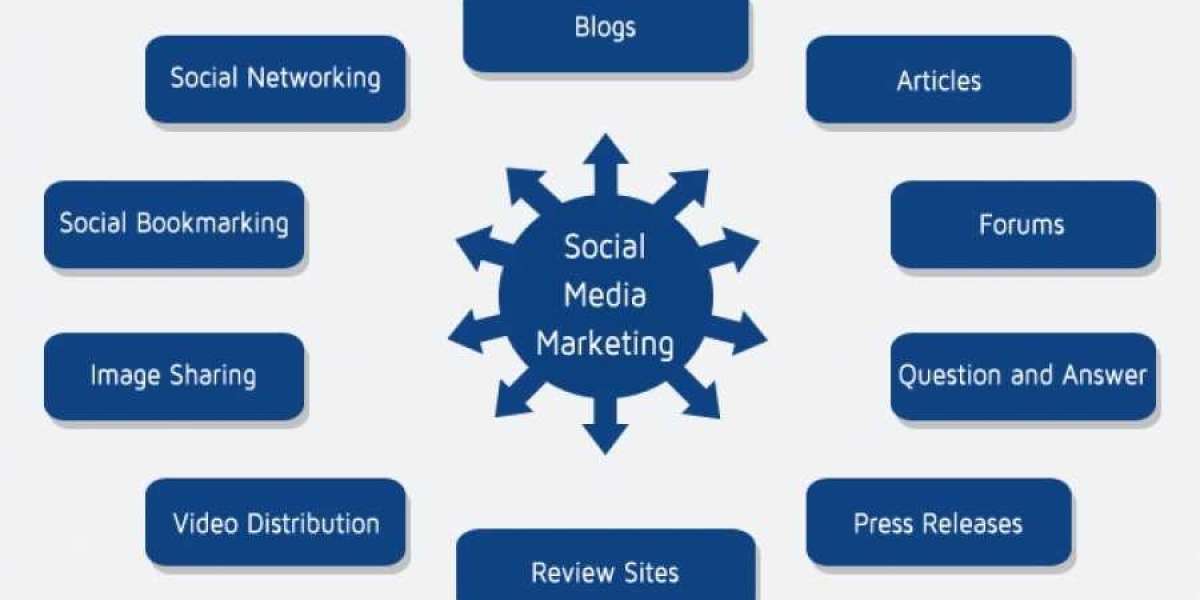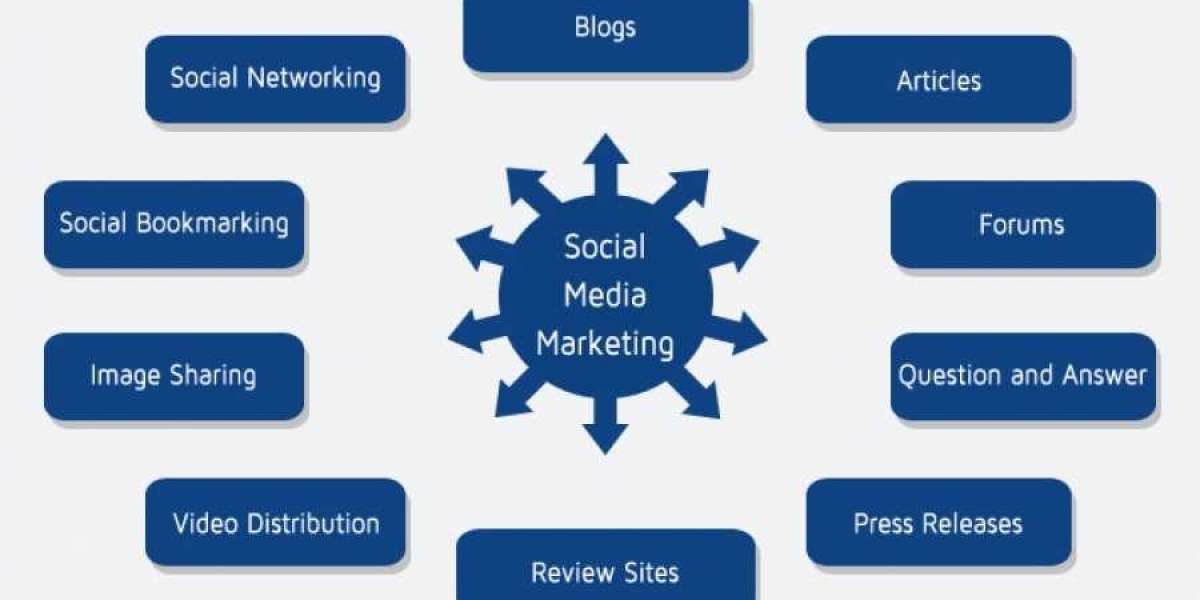Apartheid "partners" is the language of Afrikaans was a system of legislation that upheld segregationist policies against non-white citizens of South Africa. Under apartheid, non-white South Africans (a majority of the population) would be forced to live in separate areas from Whites and use separate public facilities.
Contact between the two groups was limited. Despite strong and consistent opposition to apartheid within and outside of South Africa, its laws remained in effect for the better part of 50 years. In 1991 the government began to repeal most of the legislation that provided the basis for apartheid.
By 1950 the government had banned marriages between whites and people of other races, prohibited sexual relationships between white and black South Africans. In other to limit contact between races, the government limited the activities of nonwhite labor unions and denied non-white participation in the national government.
In one of the most devastating aspects of apartheid, the government forcibly removed black South Africans from rural areas designated as "white" to the homelands and sold their lands at low prices to white farmers.
In 1976 when thousands of black children in Soweto, a black township outside Johannesburg, demonstrated against the Afrikaans language for black students, the police open tear gas and bullets
After Nelson Mandela got freed from prison in February 1990, a new constitution, which enfranchised blacks and other racial groups took effect in 1994 and elections that year led to a coalition government with a non-white majority, marking the official end of apartheid system.








